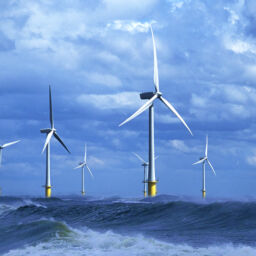
According to the energy sector in Germany, the design of the country’s power market needs a fundamental revamp more quickly than it ever has before in order to make the economic worth of supply security obvious. In addition to money from energy generation, the industry demanded the establishment of a new revenue stream for power plants that are available to provide electricity whenever it is required, as part of a stakeholder report that also included participation from think tanks and labor unions.
The current energy-only market (EOM), in which the price per kilowatt hour produced is the only compensation for owners of power plants, is “increasingly revealing deficits when it comes to ensuring security of supply with electricity,” the group writes, because simply being available does not guarantee compensation. According to a joint press release by energy industry associations, energy providers, and grid operators, it “does not provide sufficient incentives for investments,” particularly in photovoltaic (PV) and wind power plants, whose permanent refinancing must be secured to match the risk profile of potential investors, and have a lasting dampening effect on prices. Additionally, it “does not provide sufficient incentives for investments” in nuclear power plants, which “does not provide sufficient incentives for investments” in nuclear
According to the industry, investments in inexpensive generation technologies cannot, on their own, provide supply security for periods during which there is insufficient sun and wind. Because of this, there is a need for economic incentives for investments in controlled capabilities, particularly those that can be run with climate-neutral fuels like hydrogen or biomass. These types of capacities are very important. Plants that generate electricity regardless of the weather conditions help ensure the reliability of the power supply in an environment where the amount of renewable energy in the overall energy mix continues to rise.
According to the statement made by the association, availability is “rapidly evolving into the’reserve currency’ of the electrical market.” The committee comes to the conclusion that “Market incentives should be introduced” in order to generate extra flexibility on both the supply and demand sides of the market. With the goal of having a system that is climate-neutral, cheap, and secure, Germany has set a goal to meet 80 percent of its power demands with supplies from renewable sources by the year 2030, and then 100 percent of its needs by the year 2035. It has been an ongoing argument among detractors of Germany’s energy-only market model that it is difficult to find investors for peak load plants that may only operate for a few hours each year. They frequently advocate for something known as a capacity market as a means of ensuring supply security.
















